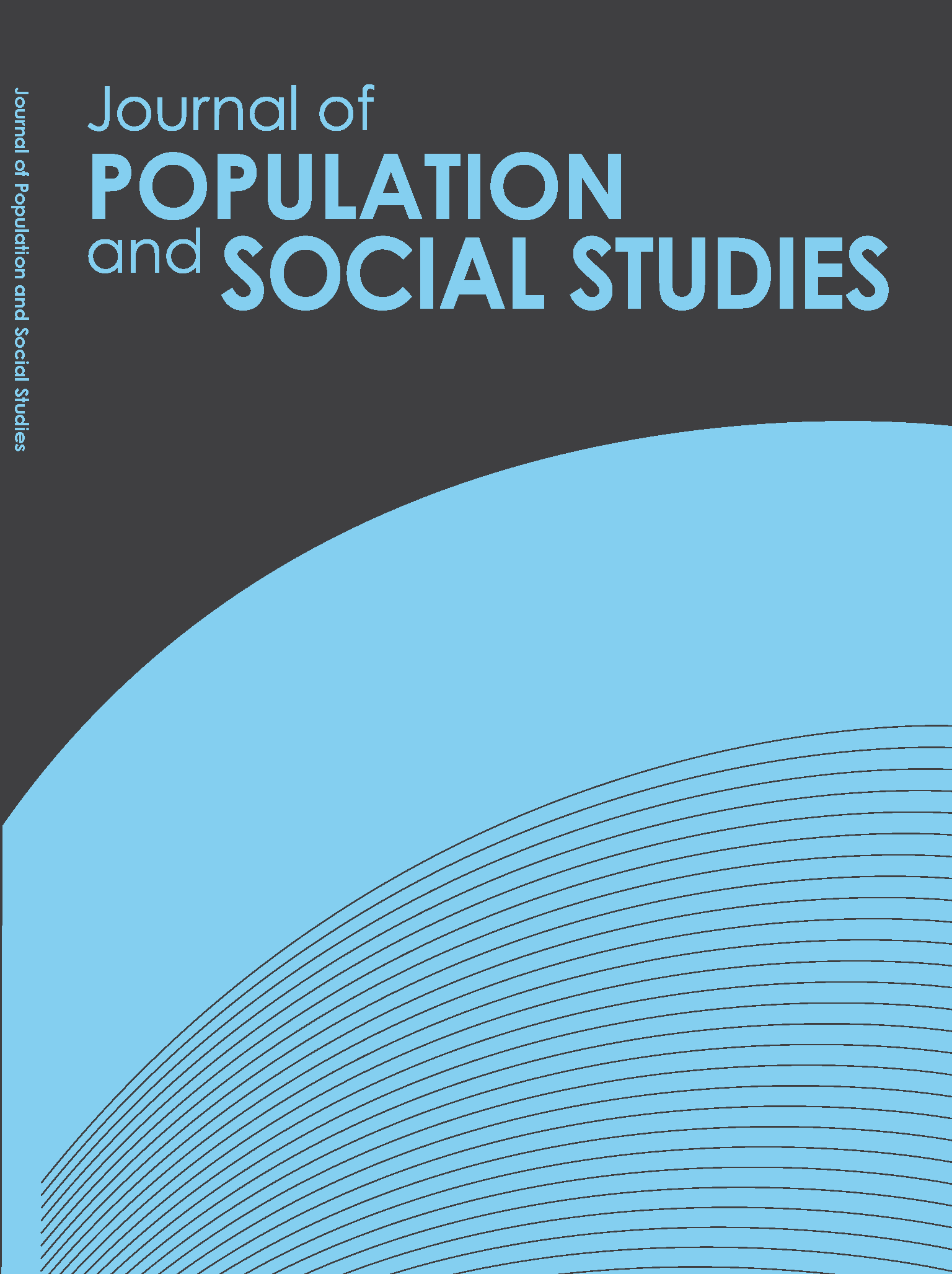Sustainable Solid Waste Management in Sports Events: A Case Study of Football Matches in Thailand
Main Article Content
Abstract
The International Olympic Committee has adopted Agenda 21 as a countermeasure to the environmental impact caused by sports events. This research addresses its lack of a concrete solid waste management framework by investigating solid waste generated, collected and sorted by the football stadiums in the Thai Premier League. The participation behaviors of spectators were examined by means of a structured questionnaire along with in-depth interviews with key stakeholders in solid waste management. In addition, relevant policies were reviewed. Results suggest that due to the lack of waste separation, less than 15% of the recyclable waste at stadiums proceed to recycling, with the rest going to landfills in the form of commingled solid waste. Carbon dioxide emissions corresponding to the waste produced was estimated by the IPCC’s first-order decay method. Field observations suggest that recycling can be increased by means of a prior-sorting behavior, and this was confirmed by the spectator survey. In-depth interviews with key stakeholders underlined the lack of proper incentives, regulations and environmental awareness to support proper solid waste management. We propose a sustainable solid waste management framework comprised of responsive policies, incentives and public participation focusing on the current deficiencies of solid waste management and increasing opportunities for resource recovery and recycling at sporting events.
Article Details
References
Bardelline, J. (2012). London Olympics aims for a gold medal in waste recovery. Retrieved from http://www.greenbiz.com/news/2012/08/03/london-olympics-waste-recovery.
Bernard, R. H. (2012). Social research methods: Qualitative and quantitative approaches (2nd ed.). Thousand Oaks, CA: SAGE Publications.
Creswell, J. W. (2007). Qualitative inquiry and research design: Choosing among five approaches. Thousand Oaks, CA: SAGE Publications.
Football Association of Thailand (FAT). (2013). Statistic of Thailand Premier League 2010/11 and 2011/12. Bangkok: Football Association of Thailand.
Intergovernmental Panel on Climate Change (IPCC). (1996). The revised IPCC 1996 guidelines for national greenhouse gas inventories. Geneva, Switzerland: Intergovernmental Panel on Climate Change.
International Olympic Committee (IOC). (2012). Sustainability through sport: Implementing the Olympic movement’s Agenda 21. Lausanne, Switzerland. Retrieved from https://stillmed.olympic.org/Documents/Commissions_PDFfiles/SportAndEnvironment/Sustainability_Through_Sport.pdf
International Organization for Standardization (ISO). (2004). Environmental management systems: Requirement with guidance for use. ISO14001. Switzerland: International Organization for Standardization.
McCracken, G. (1988). The long interview (qualitative research methods). Newbury Park, CA: SAGE Publications.
Moeller, D. W. (2005). Environmental health. Boston: Harvard University Press.
Stahl, H. and Hochfeld, C. (2003). Green goal: Environmental goals for the 2006 FIFA World Cup. Berlin: Oko-Institut.
United Nations Conference on Environment and Development (UNCED). (1992). United Nations sustainable development: Agenda 21. Rio de Janerio: United Nations Conference on Environment and Development.
United States Environmental Protection Agency (EPA). (2002). Solid waste and emergency response. Washington, D.C.: EPA.
United States Environment Protection Agency (EPA). (2017). Climate change and waste. Retrieved from https://www.epa.gov/climatechange/climate-change-and-waste
United States Environmental Protection Agency (EPA). (2014). Definition of solid waste and recycling. Washington, D.C.: EPA 2014. Retrieved from https://www.epa.gov/sites/production/files/2016-02/documents/soliddef.pdf
Woods, R. (1993, April). Waste from stadiums. Waste Age, 87-94. Retrieved from http://infohouse.p2ric.org/ref/09/08938.pdf
Yamane, T. (1967). Statistics, an introductory analysis, 2nd Ed., Harper and Row. New York.


